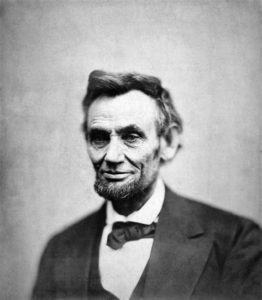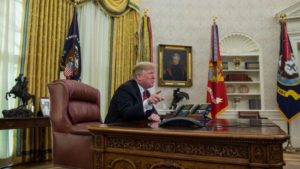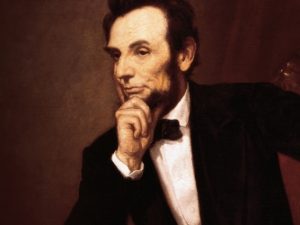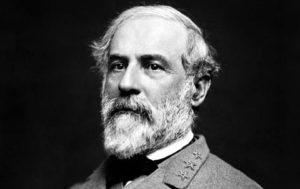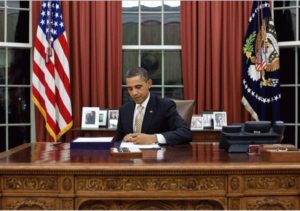Dear President Lincoln,
Wherever you are, I want to wish you a happy 210th birthday. Man, we have gone a long way in this country you once led in the years since you came into this world. I’m glad you were here, although you preceded me by, well, many years.
Mr. President, I am writing you this note while wondering once again what in name of emancipation has become of the party that used to carry your name.
Not long after you left us, Mr. President, Republicans began referring to themselves as belonging to the Party of Lincoln. They were proud of the legacy you left, the Emancipation Proclamation that freed the slaves, your fight to preserve the Union, the leadership you showed while the nation fought to save itself against the insurrection mounted by the Confederate States of America.
They took that pride well into the next century, Mr. President. Republicans joined hands with a Democratic president, Lyndon Baines Johnson of Texas, and helped enact the Voting Rights Act and the Civil Rights Act in 1964 and 1965, laws that bestowed full citizenship rights to all Americans, especially toward those African-American descendants of the slaves you freed.
But your party has morphed into something quite different, Mr. President. It’s now the party of Trump, as in Donald John Trump. It has become the party of nativism, of fear, of jingoism. To be sure, your party began marching down that road many years prior to that. Donald Trump was elected president and he has grabbed your party by the throat and sought to create a political entity that bears no resemblance to the party you once led.
Please understand, Mr. President, that you remain a hero to many of us who came along much later. We studied your presidency and understood how troubled you were for the entire time you served as our commander in chief.
I am one who wishes we still celebrated your birthday separate from the other presidents. Your time in office stands alone. The federal government, though, decided not too many years to meld your birthday into something called Presidents Day; it falls usually between your birthday and Feb. 22, which is when President/General Washington was born in Virginia. However, we now honor all the men who have held the office.
Granted, some of them deserve to be honored in such a manner. Not all of them, though. You might already know how I feel about the current president, so I’ll just leave that statement unsaid.
Happy birthday, sir. I wish your once-great party could find its way out of the darkness.
